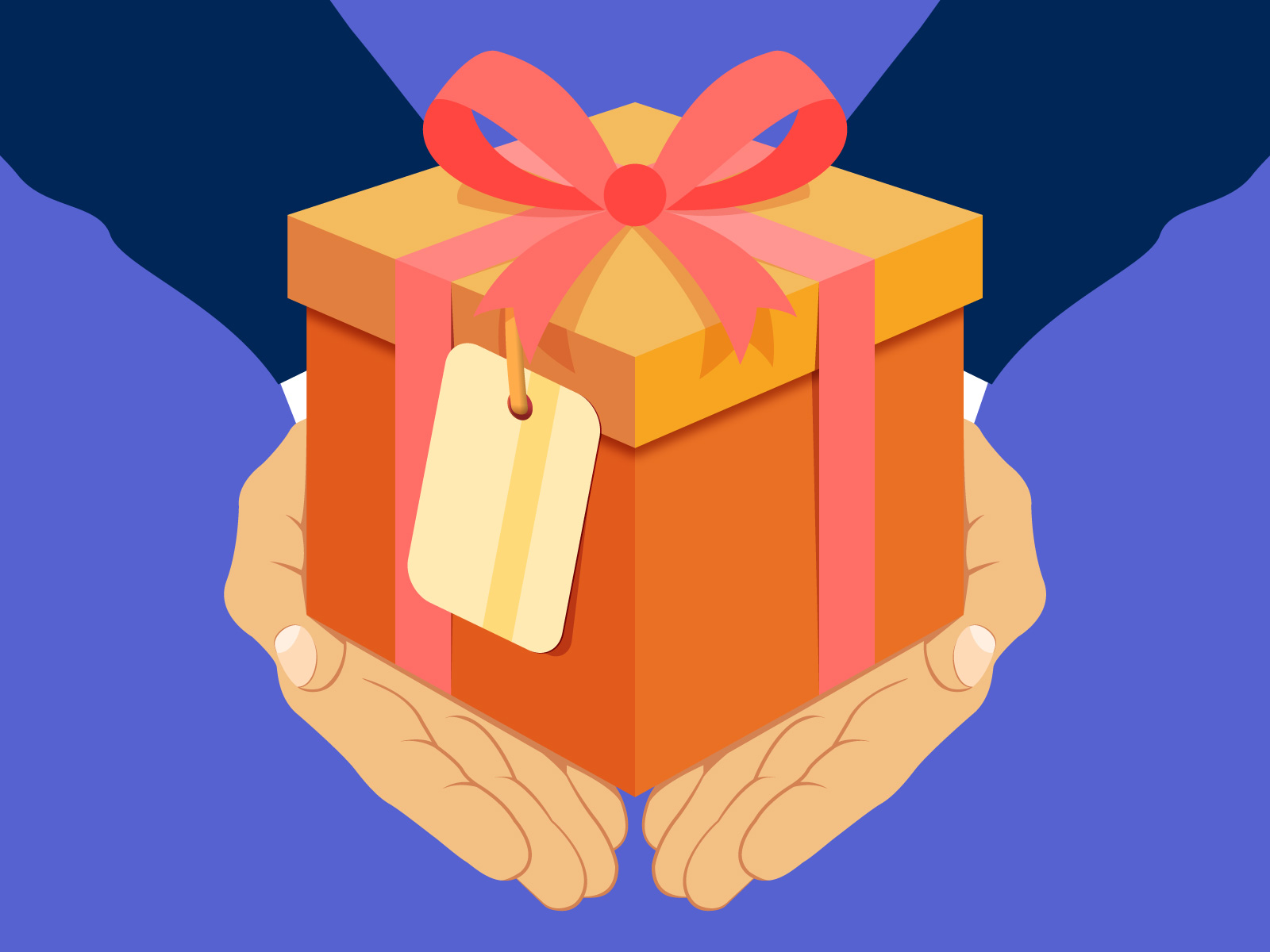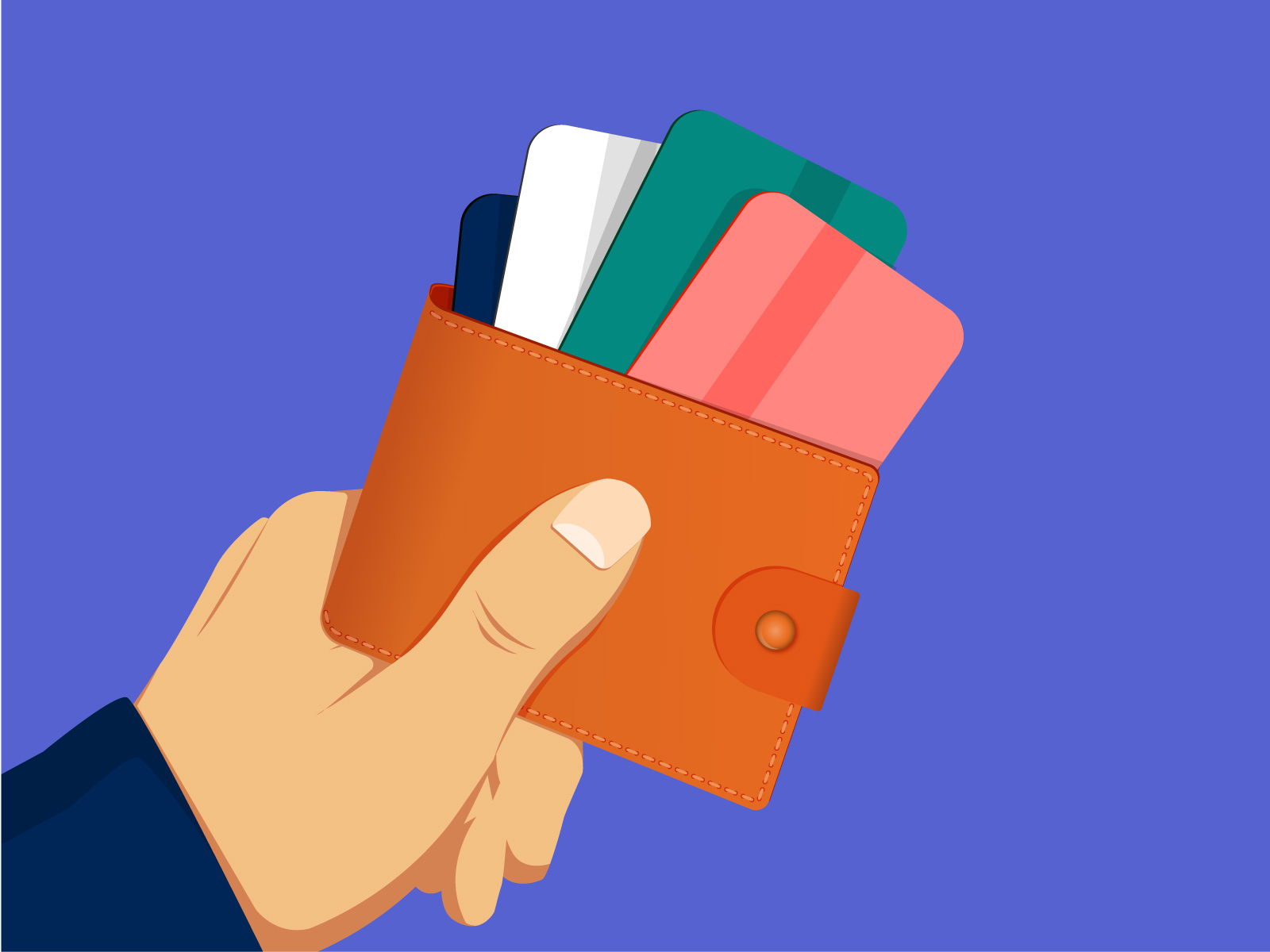How one shopaholic became a saveaholic
I have a confession: I used to have a terrible spending habit. I was an impulsive shopper and used shopping as a coping mechanism when I was sad or stressed out. I never tracked my spending or saving. While this was great for my wardrobe, I can't really say the same for my bank account.
Then came the pandemic. I was stuck at home, so I finally dedicated time to declutter my living space and take a closer look at my finances. It wasn't pretty. I realized my mantra of “I'll always have time to make money when I'm older," was not doing my future self any favours. It was time to make the shift from being a shopaholic to a saveaholic.
This is an example of what a typical week used to look like for my wallet:
Monday
- I'd take transit to work and load up my monthly card. $50
- On the way back, I'd stop by the grocery store to pick up groceries for the next two weeks. $150
- I'd pick up dinner as a result of being too tired to cook. $25
Tuesday
- To make the commute feel better, I'd treat myself to a coffee on the way to the office. $5
- I'd do a workout class on my way back home from work. $20
Wednesday
- My music streaming subscription renewed for the month. $10
- I'd shop for cute houseware items while bored at work. $40
- I'd meet friends for dinner downtown. $50
Thursday
- I'd treat myself to an online shopping session to release work stress. $300
Friday
- I'd run out of prepared food for lunch and order something near the office. $17
- Friday night meant going out to the bar. $60
The weekend
- Saturday morning workout class. $20
- I'd pick up some art supplies on my way back for a DIY project. $15
- My friends and I would grab brunch and go to a movie. $60
Total spent in one week: $582
Once I took a good hard look at my finances, I promised myself I would improve my spending habits. Outside of creating a budget for myself, here are some of the other changes I made:
- Unsubscribed from sales emails: My impulse shopping was often fuelled by getting a sale email in my inbox. Once I unsubscribed from all of these brands' email campaigns, my urge to shop online decreased dramatically. Of course, I still enjoy a sale every now and then, but only when I'm looking for one.
- Found other coping mechanisms: The early pandemic made me realize that I used any emotional excuse as a reason to go shopping. Sad? Buy something cute. Stressed? Buy something cute. Happy? Reward myself with something cute. I was only able to stop this habit by finding new hobbies. Now when I'm sad, I bake; when I'm stressed, I work out, and when I'm happy, I treat myself with a nice meal instead of a huge haul.
- Do a semiannual audit of my living space: Realizing how much junk I had accumulated over the years was probably my biggest wakeup call. I don't have a huge living space, so I have to be efficient with the space I have. Twice a year I do an audit of my home to remind myself that I have everything that I need, unless it needs to be replenished.
Since scaling back my spending habits, this is what a typical week of spending looks like for me now.


